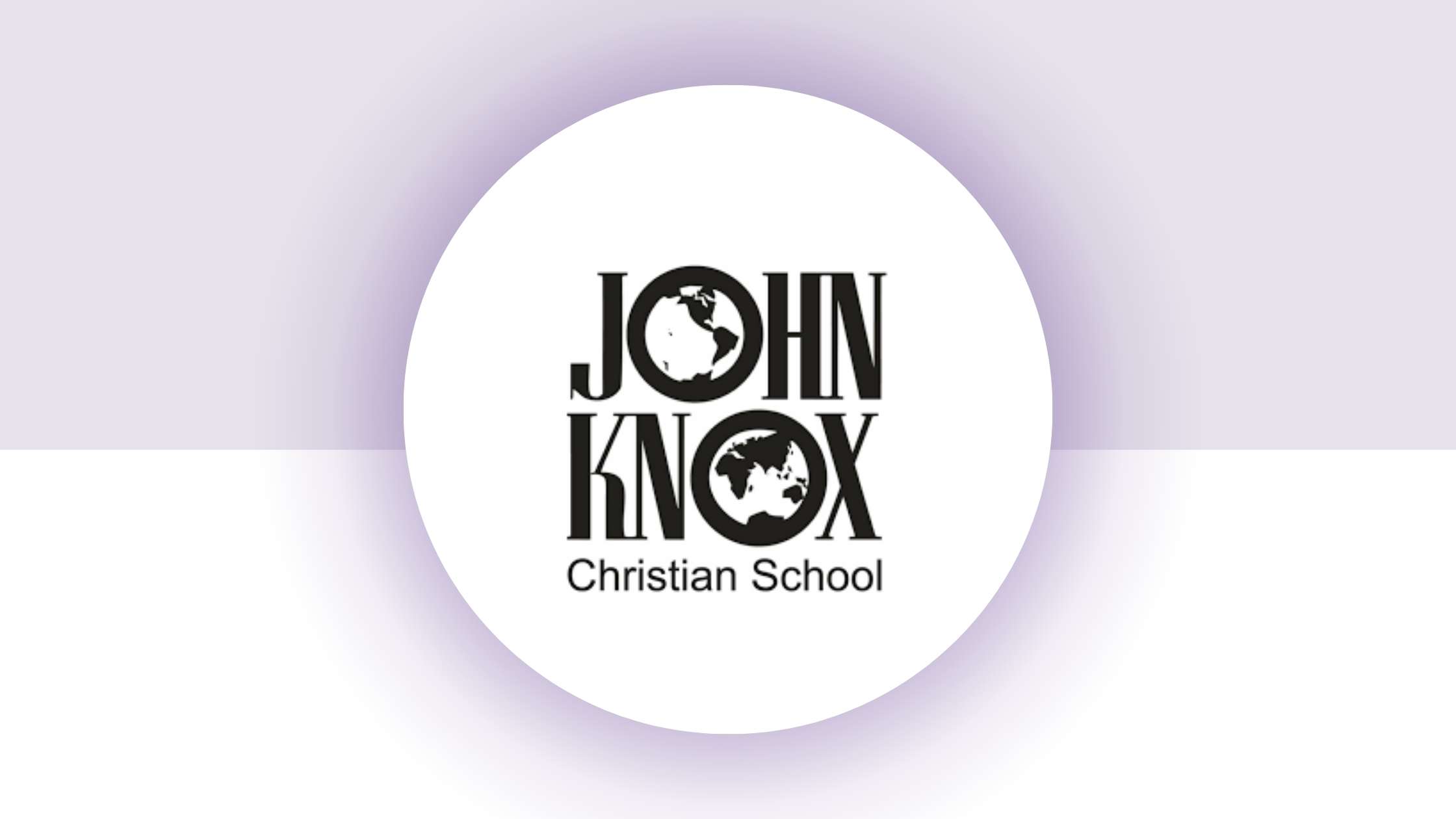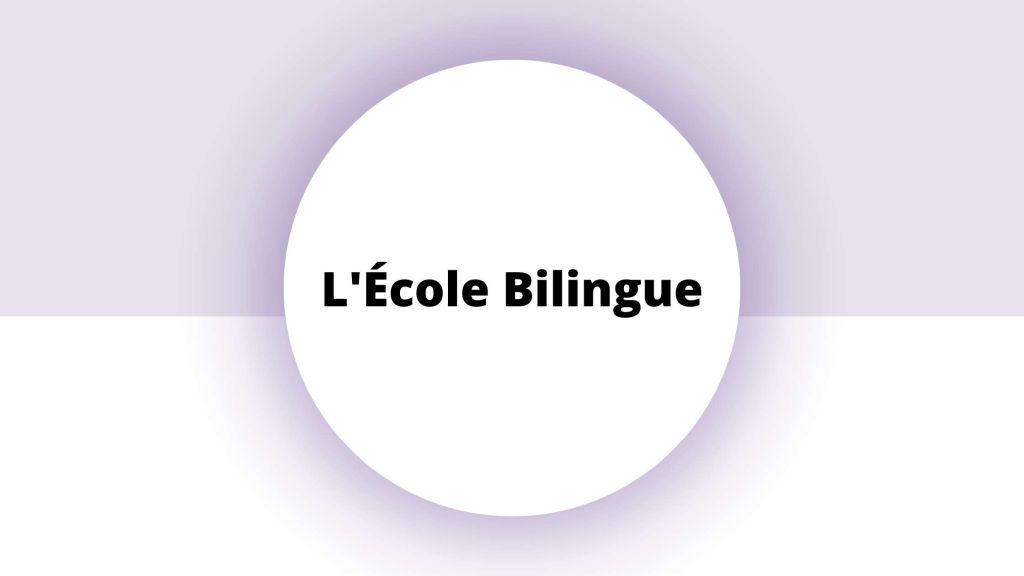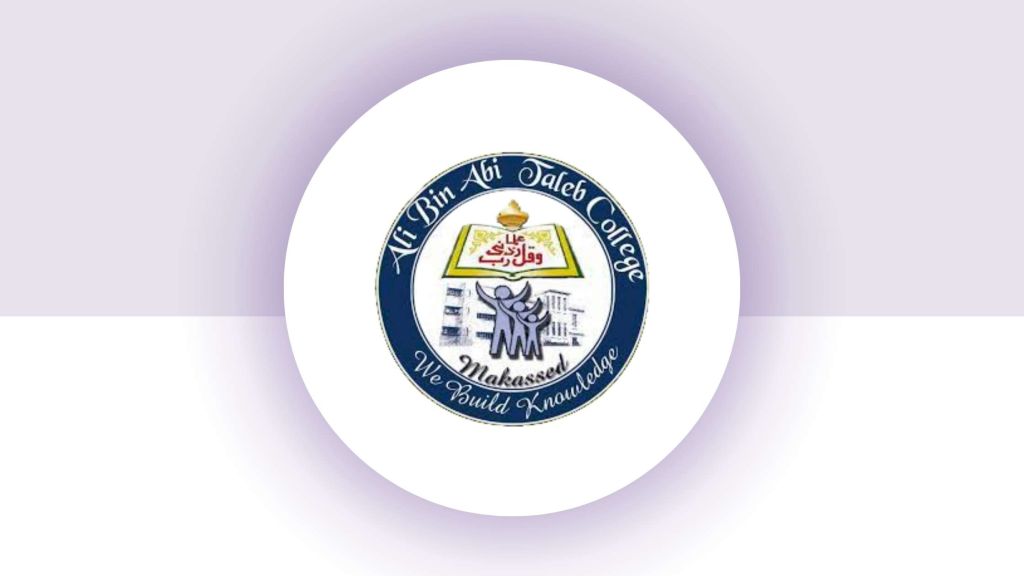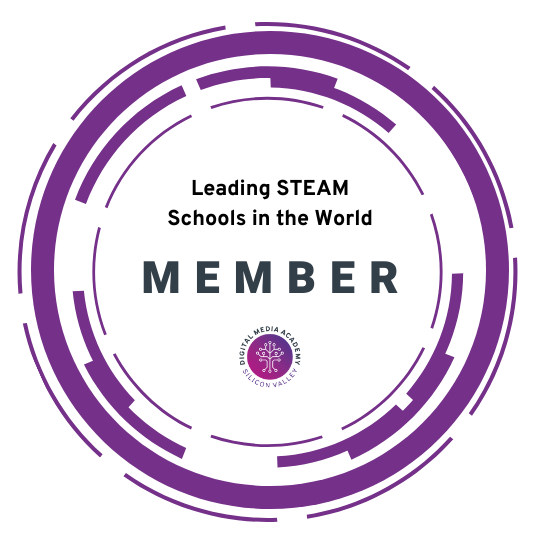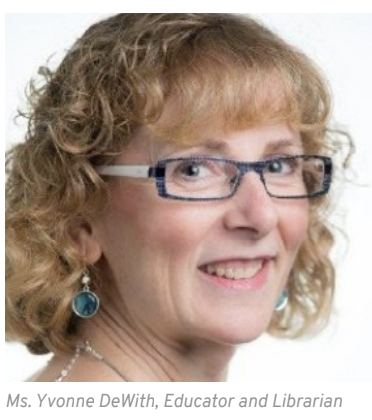
Like many experienced educators, Ms. DeWith of John Knox Christian High School had little experience in coding, artificial intelligence (AI), and machine learning but she was interested in learning and teaching technology. She was looking for an engaging curriculum to encourage students to think critically without being coding or technology experts.
Ms. DeWith’s students were at different levels in their technological understanding. There had to be a course that was appropriate for all students; provided enough training for the teacher to feel confident with the subject matter; and created opportunities for students to support one another. Ms. DeWith wanted her students to use critical thinking and research to think about the implications of technology. Importantly, students were able to draw on a wide range of skills as they learned about artificial intelligence and machine learning.
Ms. DeWith chose Digital Media Academy for Schools course Meet the Future: AI and Machine Learning. Despite her limited experience with artificial intelligence and coding, the course came with lessons and teacher guides to help her prepare and implement each lesson. Since the course materials included many opportunities for reflection and critical thinking, Ms. DeWith found the course, particularly appealing because her students would be doing a lot more than just playing with technology. This was a graded course and needed to challenge students not just with technology but also with written, reading, and discussion assignments.
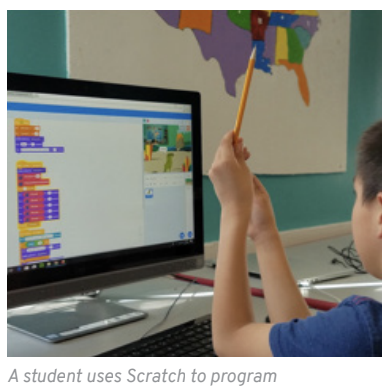 The fact that the teacher guide and lessons included discussion questions and opportunities for students to think critically and reflect on what they were learning made the course even more effective for Ms. DeWith.
The fact that the teacher guide and lessons included discussion questions and opportunities for students to think critically and reflect on what they were learning made the course even more effective for Ms. DeWith.
Ms. DeWith made several adaptations to the course. For example, she had students research current news stories and included directed readings for students to explore the social and ethical implications of AI. Student groupings were changed so that they had opportunities to work independently, in pairs, and as a whole class on different projects. At the start of the course, she had students who were more experienced help those who were beginners.
Students who teach others have the highest retention of learning and gain confidence in their own experience and abilities. Students liked the programming and coding aspects of the course and felt like they understood the basics of AI and machine learning. They found the course ‘interesting and inspiring’ and most importantly, they were very ‘eager to learn more’.
“I really liked to study how to program a learning machine. I also liked just to learn new things about AI, things like how is it used, or how you program it.” – Grade 7 Student, John Knox Christian School, Burnaby, BC, Canada.
As a teacher new to coding, I enjoyed the step-by-step approach of AI and Machine Learning. I was unfamiliar with coding through Scratch and I enjoyed the process of learning these new skills as much as the students.
- Yvonne DeWith, Educator, John Knox Christian School

